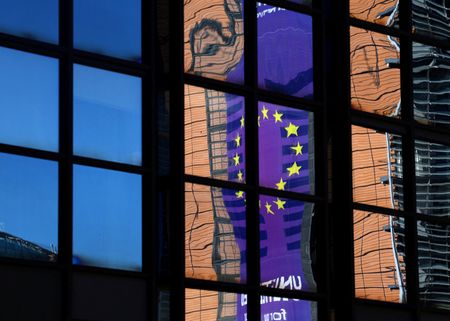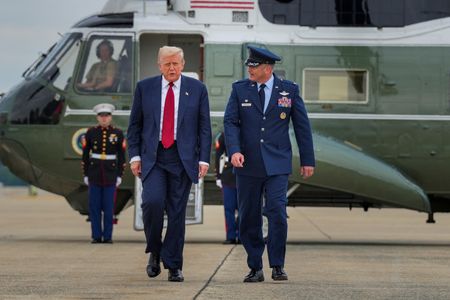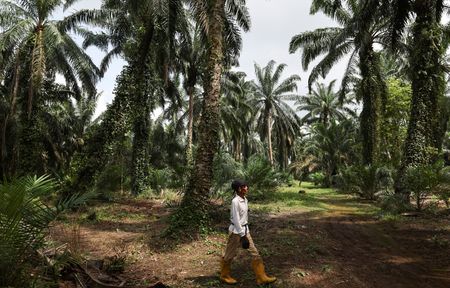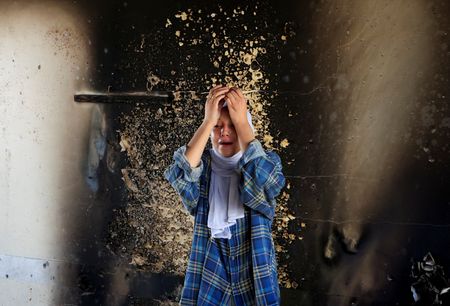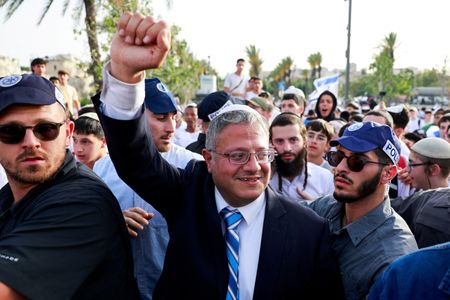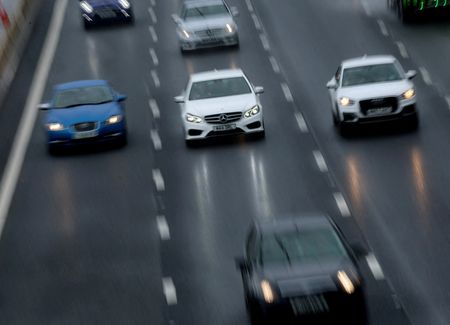By Julia Payne
BRUSSELS (Reuters) -The European Commission proposed adding more individuals and over 100 vessels linked to Russia’s shadow fleet to its 17th package of sanctions against Moscow, EU diplomats said on Tuesday.
An exemption from sanctions on the Russian oil and gas project Sakhalin-2 will be extended to June next year, one of the sources said, owing to its importance to Japan.
The proposal has come sooner than expected, they said, and has been kept “simple”. Member states were not informally consulted in advance on the contents, which has been the norm for previous Russian measures. Countries are expected to agree on the proposal quickly with the first discussions due to take place on Wednesday.
In mid-April, sources said the Commission’s work on new measures was moving slowly and any new restrictions were not expected to materialise until June.
The sources said the package contains tighter export controls on goods that can be repurposed by Russia’s military and advanced technologies along with the listing of more shadow fleet vessels. Moscow has built up a vast fleet operating outside of western networks to export its oil and buy ammunition.
One of the sources added that over 50 individuals and entities would be sanctioned, including five in China. Further, new measures would target 31 companies helping Russia’s military or involved in sanctions evasion, of which 13 are outside Russia.
One of the sources added the aim was to show the 27-member bloc can “still agree on something against Russia” after repeated veto threats from Hungary’s Russia-friendly government on Russia sanctions.
France’s foreign minister told news agency AFP last week the EU would try to coordinate the timing of its next package with the United States.
Officials in Washington have finalised new economic sanctions against Russia to intensify pressure on Moscow to embrace U.S. President Donald Trump’s efforts to end its war in Ukraine. However, it was not immediately clear whether Trump would sign off on the new restrictions, which include new targets such as Russia’s gas behemoth Gazprom.
(Reporting by Julia Payne; Editing by Sharon Singleton)

